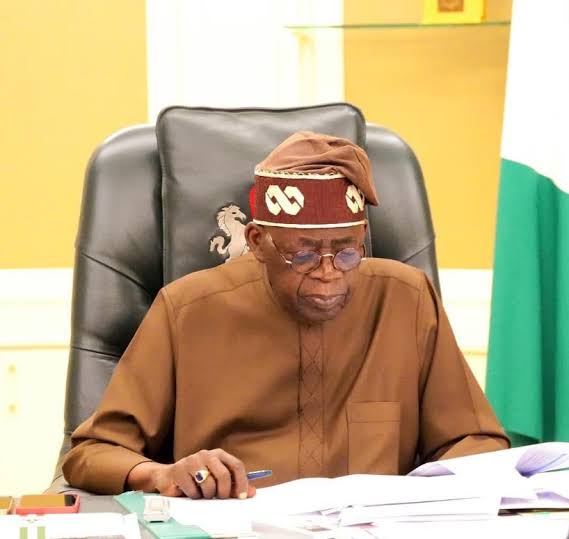Game Changer: Local Governments to Receive Direct Allocations Starting Next Month
Game Changer: Local Governments to Receive Direct Allocations Starting Next Month
By Achimi Muktar
In a landmark move set to reshape governance at the grassroots level, local government councils in Nigeria will start receiving direct allocations from the Federation Account next month. This monumental decision, which stems from a Supreme Court judgment granting financial autonomy to councils, will come into full effect with the December disbursements, sources revealed over the weekend.
The decision is expected to end the long-standing delays caused by the state/local government joint accounts system, a contentious issue that has seen significant resistance from state governors.
Autonomy in Action
“This is a critical juncture in Nigeria’s governance structure,” said a member of the Inter-Ministerial Committee responsible for implementing the judgment. While some councils have already started receiving their funds directly, all 774 local government areas will fully transition to this system by January 2025.
The Supreme Court ruling of July 11 mandated the dismantling of joint accounts, paving the way for councils to access their funds without interference. However, some governors have continued to resist, attempting to maintain control over council finances.
The Federal Push for Compliance
President Bola Ahmed Tinubu has thrown his weight behind the reform, with the Inter-Ministerial Committee, chaired by Secretary to the Government of the Federation George Akume, taking decisive steps to ensure compliance. Members of the committee include high-ranking officials such as the Attorney-General of the Federation, Lateef Fagbemi (SAN), and Coordinating Minister of the Economy, Wale Edun.
Fagbemi has warned that governors defying the ruling could face contempt charges, stating: “Local government autonomy is meant to empower the grassroots, not enrich individuals.”
Challenges and Controversies
Despite the legal backing, hurdles remain. In Edo State, democratically elected local government officials were suspended for failing to submit financial statements to the state government. Meanwhile, Anambra State passed legislation requiring councils to remit a portion of their allocations to a state-controlled joint account, sparking criticism from civil society groups.
However, some states have embraced the change. Nasarawa State abolished joint accounts and restructured its local government system, with Governor Abdullahi Sule signing the necessary legislation.
Expectations for Grassroots Transformation
The direct allocation system is expected to empower councils to deliver essential services such as infrastructure development, water supply, and security. Aminu Muazu Maifata, former National President of the Association of Local Governments of Nigeria (ALGON), urged council leaders to use the funds judiciously.
“We already set a template when the Supreme Court judgment was delivered. I expect chairmen to follow it and deliver good governance to our people at the grassroots,” Maifata said.
Senate’s Call for Clarity
The Senate has also urged full compliance, advocating constitutional amendments to eliminate ambiguities in the 1999 Constitution regarding state/local government joint accounts. Senate President Godswill Akpabio emphasized the need for clear frameworks to enforce autonomy effectively.
What Lies Ahead?
As the countdown begins to full implementation, all eyes are on January 2025, when the new system will be fully operational. The move is widely seen as a critical step toward empowering grassroots governance and ensuring that local governments are well-equipped to address the needs of their communities.
With the promise of financial autonomy finally becoming a reality, Nigerians are hopeful that this bold step will mark the beginning of a new era in local governance.


















